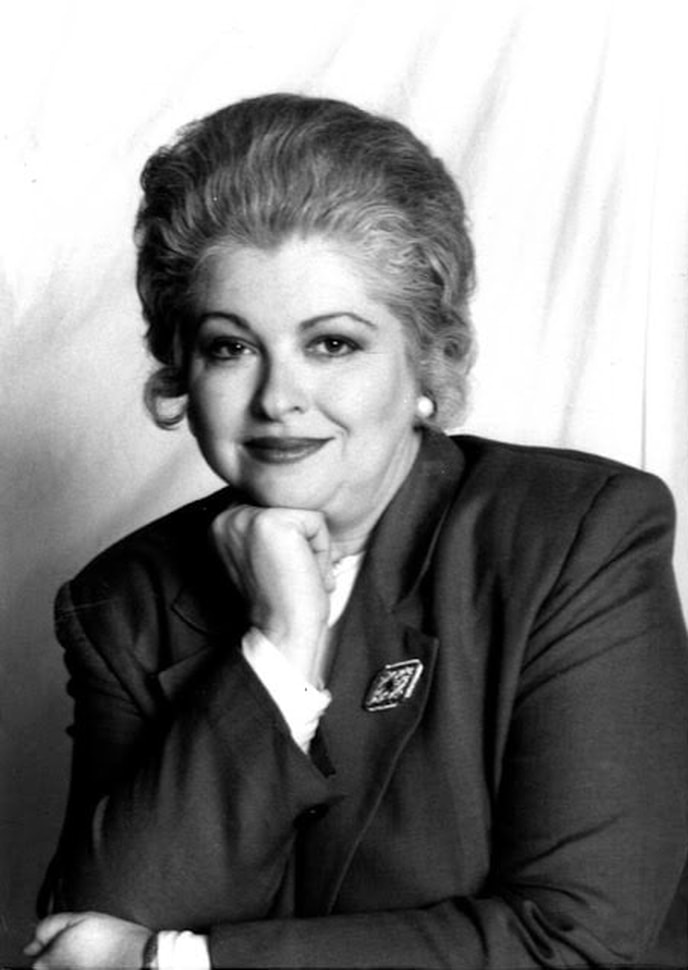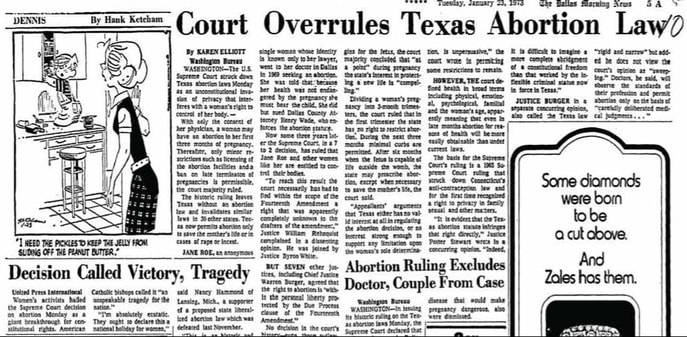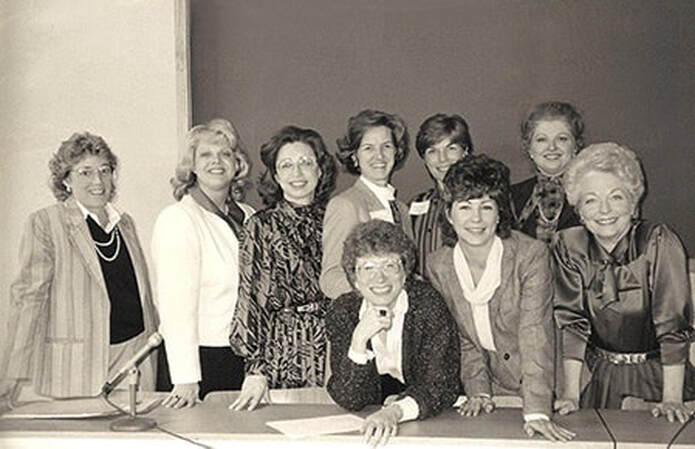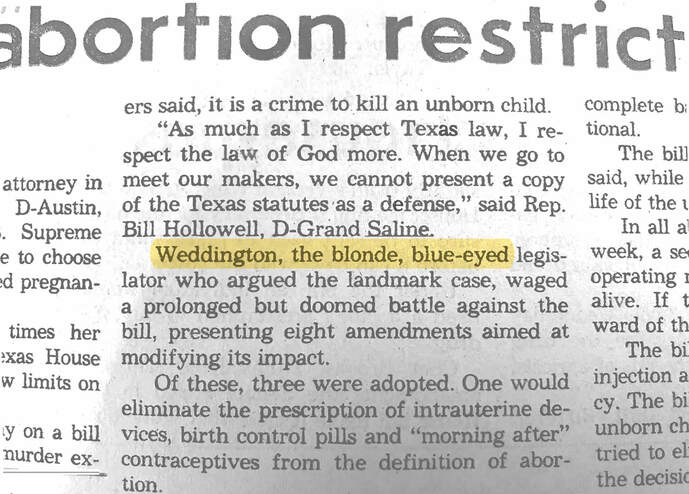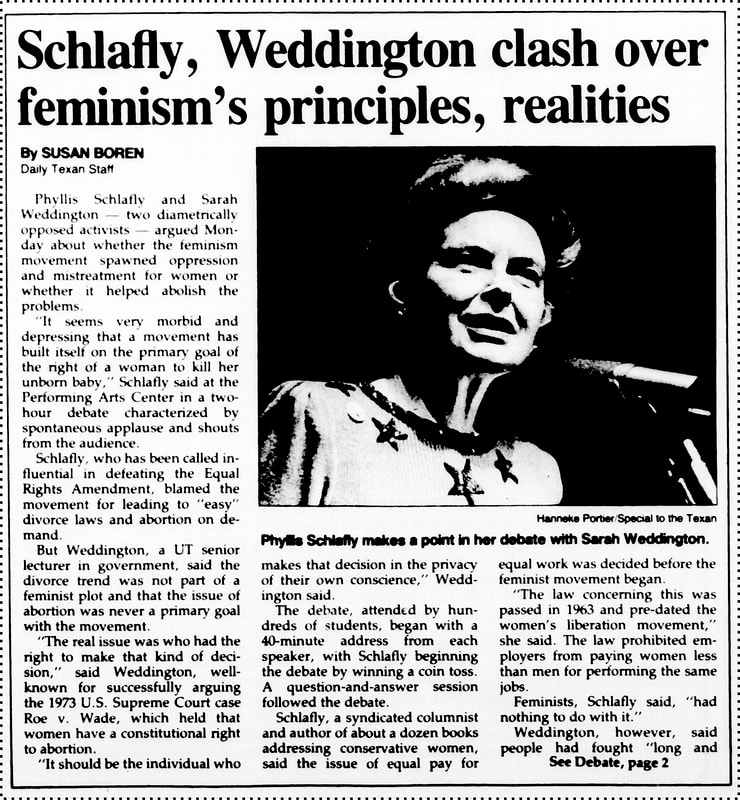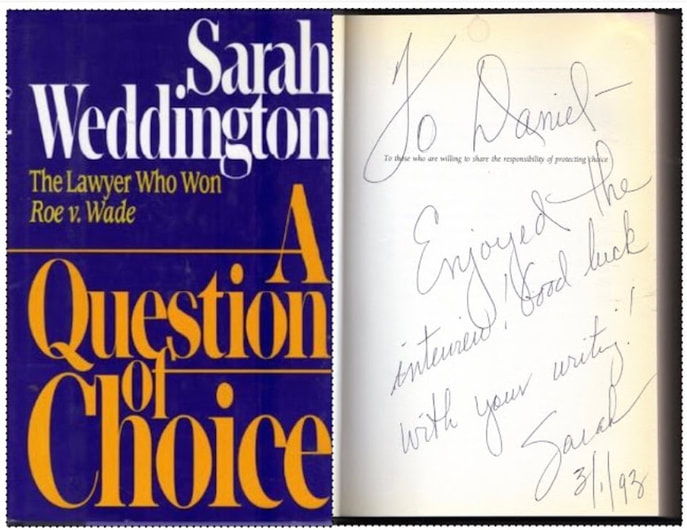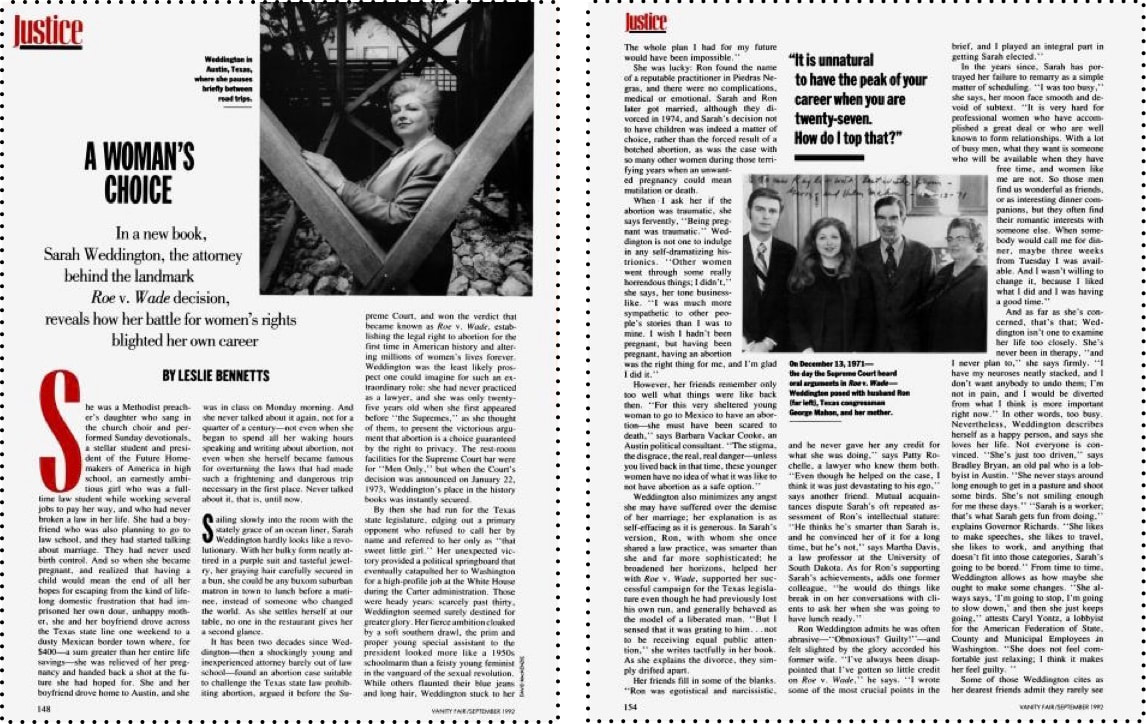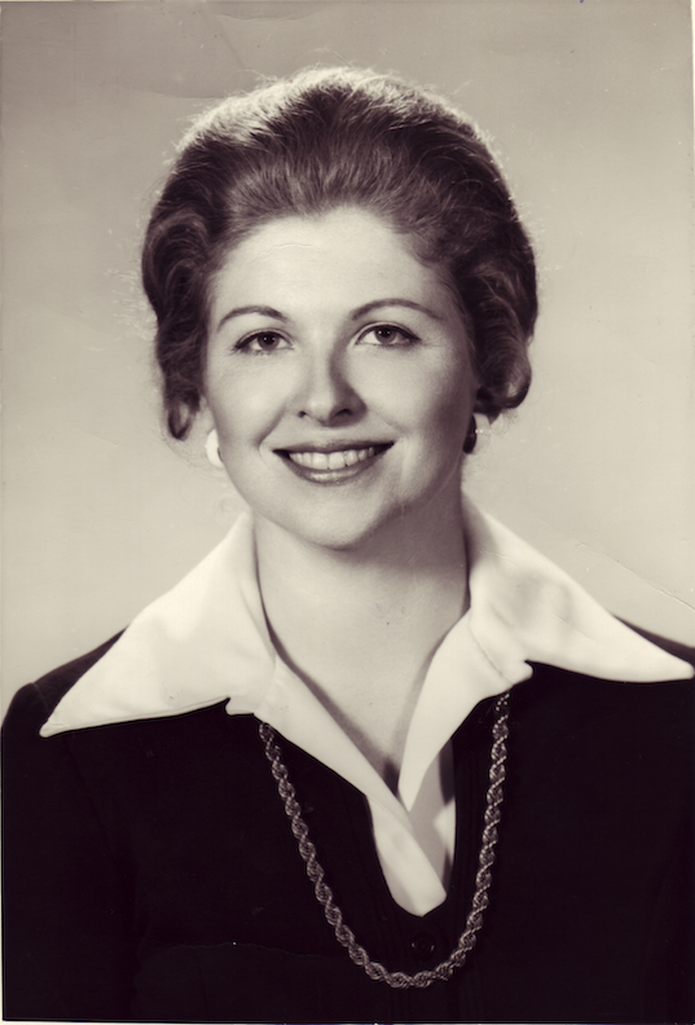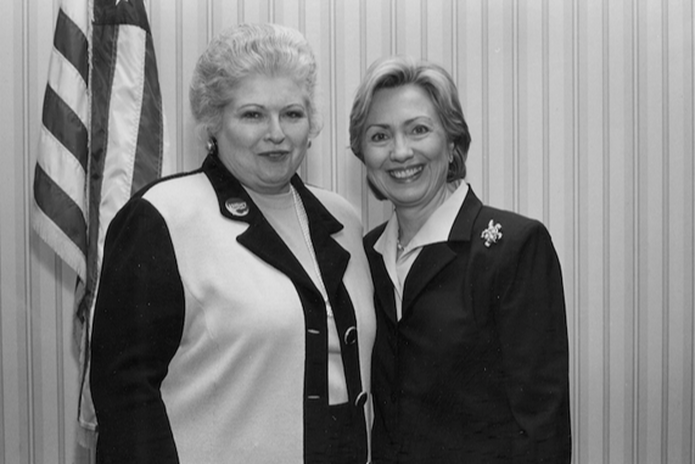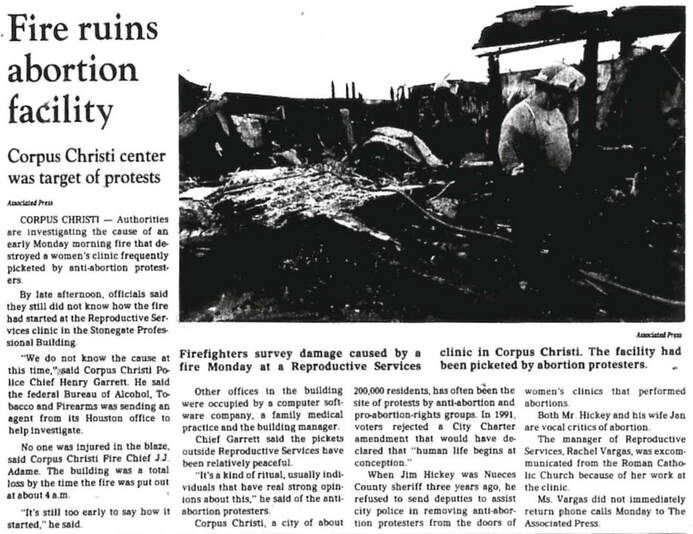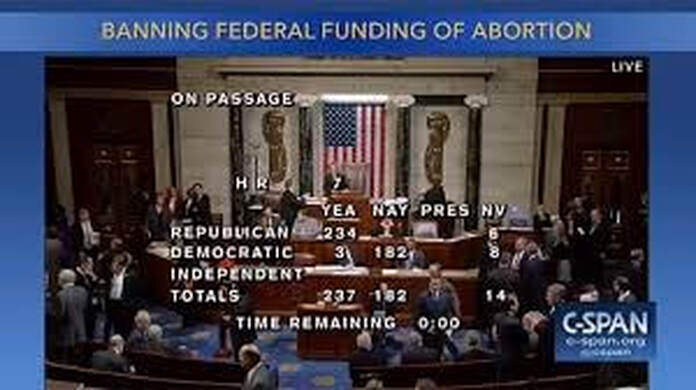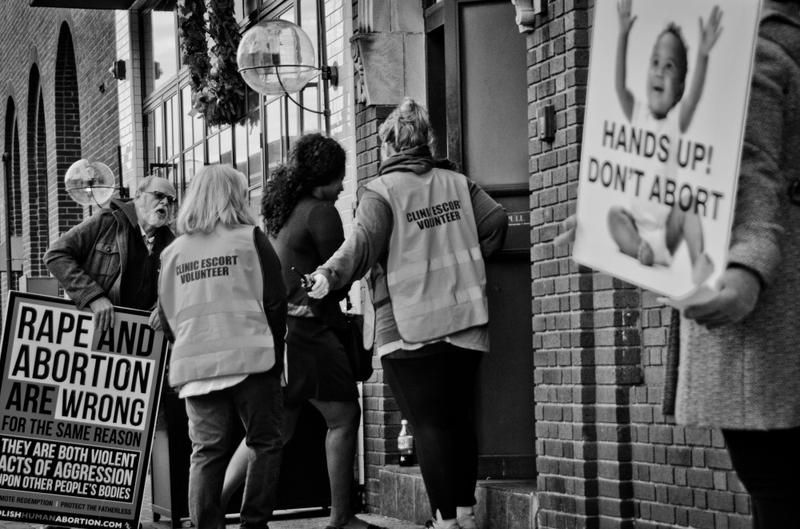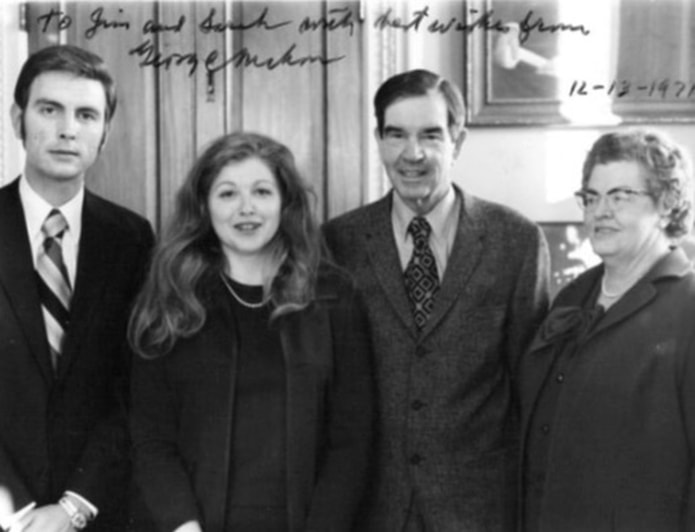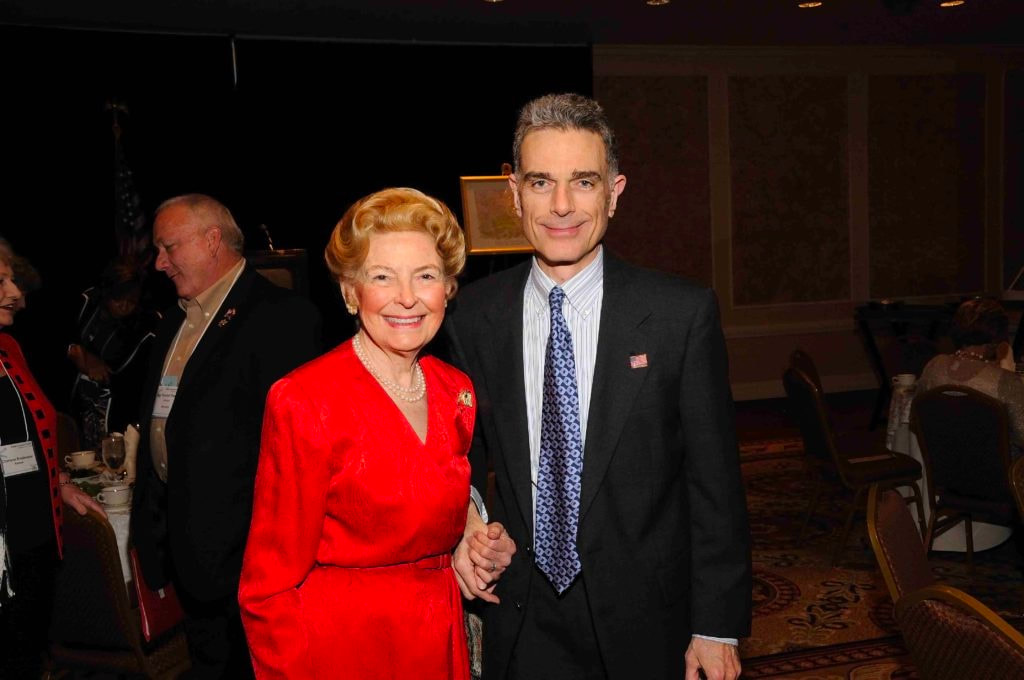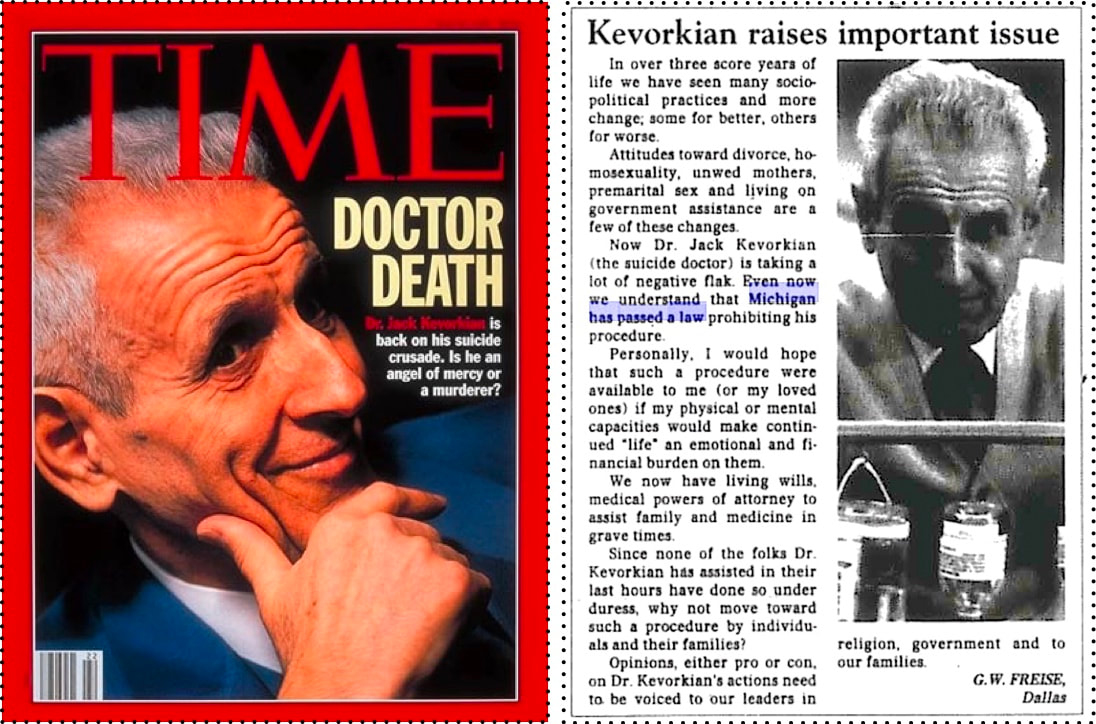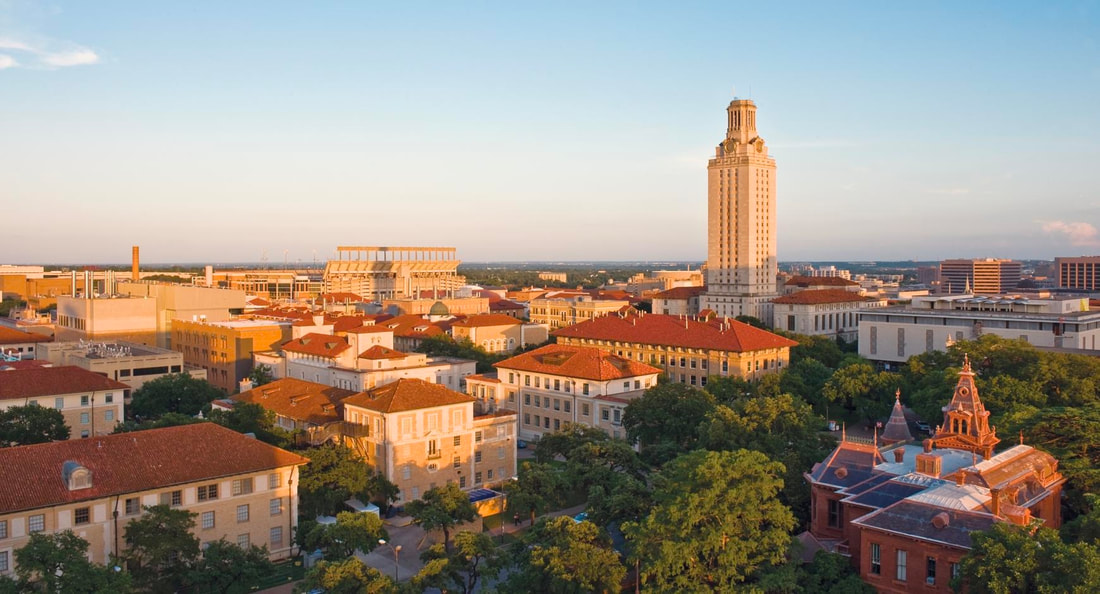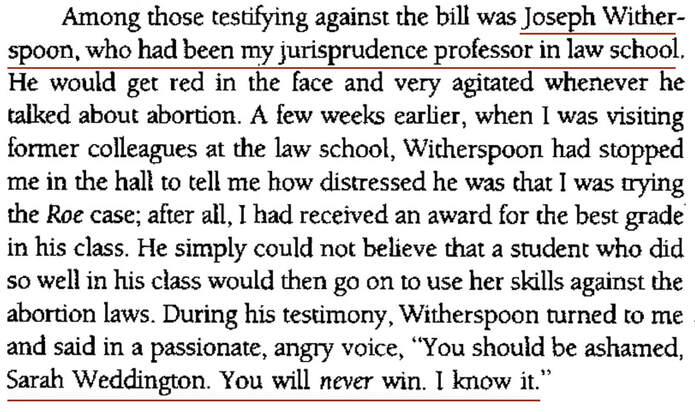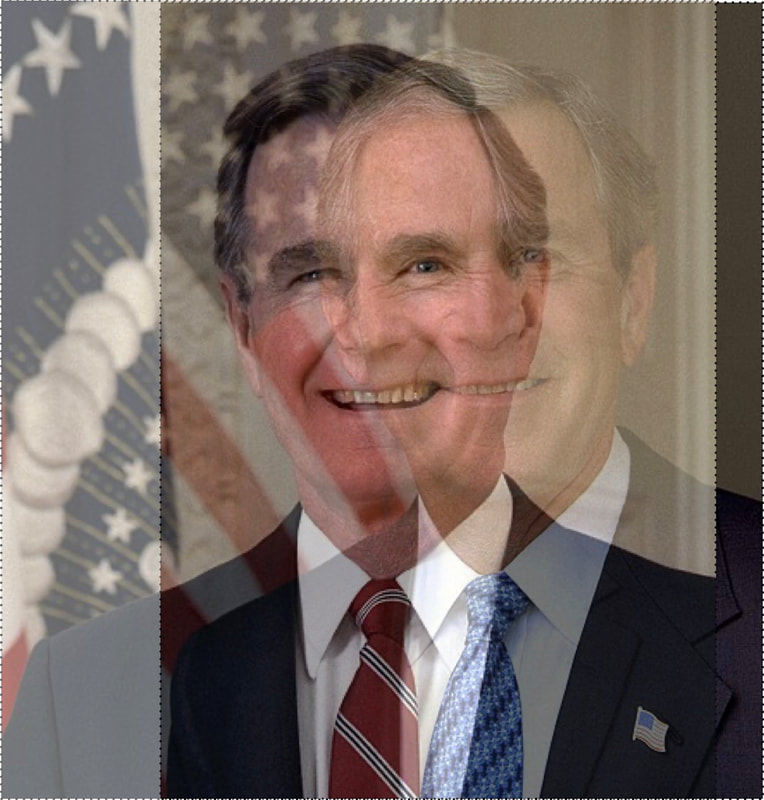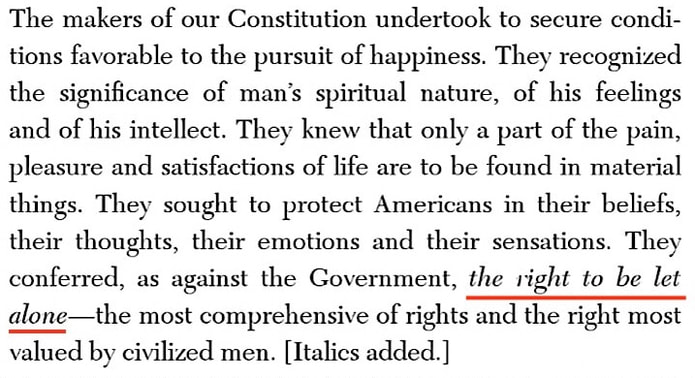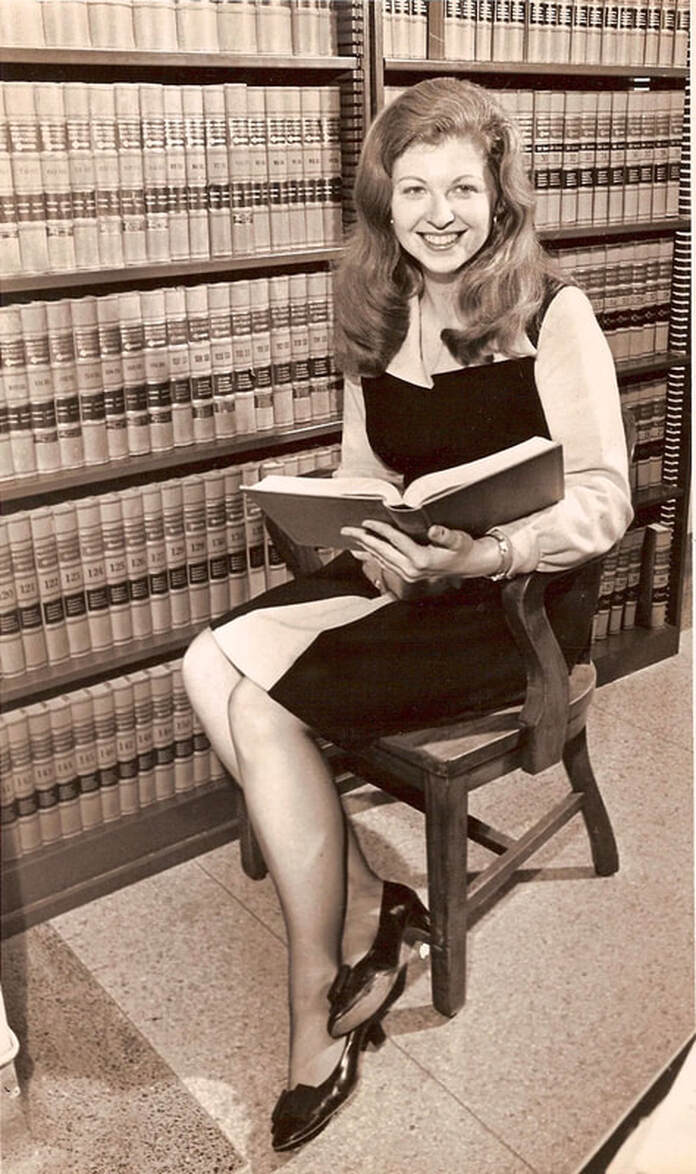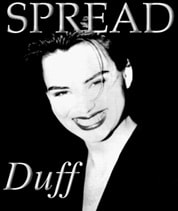|
Pro-choice SCOTUS lawyer, Austin autobiographer Sarah Weddington warns of Roe v Wade’s future miscarriage and extremists’ criminalization of our right to privacy By DANIEL KUSNER | March 1, 1993. 7 p.m. When Sarah Weddington was 27 years old, the Texas lawyer longed for women having more options — like opening a checking account that didn’t require her husband’s signature. On Jan. 22, 1973, she emerged as one of the 20th century’s most influential leaders when the Supreme Court voted 7-2 in favor of the case Weddington argued: Roe v Wade. By the time of her landmark SCOTUS win, Weddington was the first woman to represent Austin-Travis County in the Texas Legislature — where she continued to advocate for personal decisions without government interference. She also provided Ann Richards’ entrée into Texas politics when Weddington hired Richards as a legislative aide. However, in the political arena, the Texas champ still faced weirder-than-Austin opposition just because Weddington was female. In 1992, privacy rights began unraveling when the Supreme Court decided Planned Parenthood v Casey. The Casey decision involved a Pennsylvania statue that required doctors to inform patients about fetal development and abortion alternatives, thereby influencing pregnancies to continue. Casey also required a 24-hour waiting period between the session with the doctor and the abortion procedure, as well as requiring married wives’ husbands to sign forms stating that she’d notified him of her desire for an abortion. In Austin, at the University of Texas, arguing the Pro-Choice v Pro-Life debate was a Longhorn tradition. For almost 30 years, Weddington was a UT professor. And like an annual boxing match, she faced off against The Eagle Forum’s Phyllis Schlafly. An overpowered moderator attempted to maintain decorum — like on Oct. 20, 1992, when I caught the scintillating Weddington v Schlafly showdown inside Bass Concert Hall. In 1993 — 20 years after the Roe decision — Weddington and I crossed paths in Austin. Our platonic meet-cute was just after the publication of Weddington’s memoir, “A Question of Choice,” (Grosset & Putnam, Sept. 16, 1992) 306 pp., $21.95. On an early Monday evening, Sarah invited me to her office for the first in-person interview I ever conducted. Less than two weeks after our appointment, one of Pensacola, Fla.’s few abortion practitioners was assassinated when Dr. David Gunn was shot in the back three times by pro-life crusader Michael Griffin. INTERVIEW TRANSCRIPT 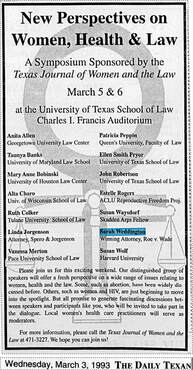 KUSNER: This weekend, you’re speaking at the University of Texas at Austin. What will you address? WEDDINGTON: I’ll be speaking at the Law School’s women’s conference. And, particularly, I’ll be looking at reproductive issues. I’ll be doing a combination of looking back at the beginning of the case Roe v Wade here in Austin — the people who were involved in beginning it. What it was like to try a case in the U.S. Supreme Court. Especially as a very young woman attorney. The legal issues we worked with then. What has happened in the intervening 20 years — because the 20th anniversary of Roe was Jan. 22 — and why we came so close to losing it. Then I’ll be looking at issues of the future. I think that Jan. 22 is a day that lives — not only as a remembrance of 20 years ago. But now, with the Clinton administration and its pronouncements, as a real signal of a 180-degree turn. And hope that things will be a lot different under Clinton than Reagan and Bush. So my topic is “Looking Back and Looking Forward: Roe v Wade Turns 20.”  THE SUPREMES: Circa, ’92. THE SUPREMES: Circa, ’92. In a recent Vanity Fair profile, you said if you argued Roe v Wade today, you couldn’t win. Why? Because of the change in the makeup of the Court. Two judges say Roe v Wade is good law — let’s leave it alone. Those are Blackmun, who’s the oldest, and Stevens, who’s the third oldest. There are four judges who say Roe v Wade was wrong, let’s get rid of it. Those are White and Rehnquist, who voted against it. They were the two in the 7-2 vote. There’s Scalia — who’s made it very clear he wants to overturn Roe — and Clarence Thomas. Three judges are in the middle: O’Connor, Souter and Kennedy. Those judges said, “We’re not willing to overturn Roe v Wade.” They talked in part that Roe has existed for so many years. As if to say, and if it hadn’t existed all those years, then maybe we’d overturn it. But they said that Americans had come to rely on this right. They thought it would not be wise if the Court were to make so dramatic a change — unless the people opposed to Roe had shown why they had to. But I don’t think we would’ve won those three votes. And if only one of them joined the Rehnquist faction, that would be five to say there either should be no Roe v Wade — or [they] would overturn it. So that’s why I don’t think I could win it now. There just aren’t the votes on the Supreme Court that I would need. Because I’d have to have at least five. Where you do you get your hair done? [Laughs.] I do it at home. A woman named Suzy cuts it about once every four-to-five months. But basically, I don’t have time during the day to do that. Now that Clinton is president, what should the pro-choice movement concentrate on? Well, I think there are two main parts to it. One is, I think the abortion issue has been like a see-saw. In ’73, the pro-choice people were really organized, really effective. And so we began to win — and did win — Roe v Wade. When we won, we said, “Okay. We’ve done that. Let’s go on to other issues.” So we began to work on rape reform, credit reform... Women teachers could be fired just because they were pregnant. In Washington, D.C., I worked on opportunities for women in the military, domestic violence and appointment for women to the top. But, essentially, we never worked for abortion. We were always for women having more options. So we went on to work on all those other options. When we did, those who were opposed to abortion started really organizing. They were successful in electing, first, Reagan, and then Bush. One of the things that really worries me is — I’m afraid there will be a tendency for all the people who got really organized and cause the pro-choice people to be on the top part of that see-saw... I’m afraid people will now say, “Oh, we’ve done that. We don’t have to worry any more.” The opposition is obviously starting to organize. The first thing that worries me is that sense of apathy that I’m afraid will happen. Because, second — there are two parts to the challenges.... One — true access to services. If you have a Roe v Wade, and it says, “Abortion will be legal, but you don’t have access to services,” then it’s a legal theory. But it isn’t real in the lives of women. Access is having a clinic to go to. Two weeks ago on Sunday, the Corpus Christi clinic was bombed and burned to the ground. It was the only clinic in Corpus that had sliding-fee scales so that poorer women could pay less. Part of it is the violence aimed at the clinics. And the other part of it are the kinds of restrictions we are beginning to see. For example, the Supreme Court now says that the states can restrict women’s access in the sense of time limits and other things. So I’m worried about those kinds of restrictions being passed. Now what’s happening... One, the appointments Clinton is making. For example, Joycelyn Elders — who will be Surgeon General in the summer — has said, “There’s no real freedom until there is also reproductive freedom.” So I think he’s appointing good people to a variety of positions — people who are pro-choice. If there were any more vacancies on the Supreme Court, he’d nominate a pro-choice candidate. So I don’t think we’re gonna have Roe overturned in the next four years. It is the weakening of accesses that I’m really concerned about. There’s a bill in Congress called The Freedom of Choice Act. That bill is one that would say, “We’re gonna reinstitute Roe v Wade only as congressional law — not as a Supreme Court interpretation.” I think we have the votes to pass it. I’m very worried about the amendment that might be adopted, which could also weaken Roe. There’s another bill called The Reproductive Health Equity Act. What happened was, right after Roe, the federal government paid for abortions for those people for whom it otherwise paid to continue pregnancy. So people like military, military dependents, Medicaid recipients, Peace Corps workers — if they were brought to a clinic, they could choose... And the government would pay for them to continue the pregnancy. Or pay to terminate it. So The Reproductive Health Equity Act would go back to saying: “The woman gets the choice.” Another bill would deal with clinic violence, which would make it a federal penalty for people to bomb an abortion clinic or try to close it. There are a number of things that are happening in the sense of legislation. And others have to do with funding. For example, we’d really like to see more money coming into budgets for coming up with new and better methods of birth control. More for dissemination of birth control. More programs to help suggest teenagers avoid pregnancy. There’s a whole series of things left to be done. Last year was such a time of high anxiety for me. I thought that Bush would be re-elected. You gotta look back at the beginning of 1992... I thought he would make another appointment to the Supreme Court. Because Blackmun — who is our friend — and who helped write Roe had said, “I can’t last forever.” So I thought that Bush would get to appoint. And that would be the fifth vote against us. I was trying to write my first book [“A Question of Choice”] which is a history of the Roe v Wade case. And I was frantic. Now I feel much more relaxed. I smile more. And am happier. The world looks rosier because Bill Clinton is president. And the things of Jan. 22 are a signal to a nation and the world. And a new day has begun for reproductive rights. Does Clinton’s health plan include subsidized abortions? At this point, no one knows what his health plan includes. All they’ll say is: They’re working on it. I hope in the testimony... that it will include comprehensive reproductive care. So that there would be health services available to prevent pregnancy. For termination, if you are eligible for federal services. For continuing the pregnancy, if you choose. For prenatal care. For early childhood care. That it would really be a comprehensive-reproductive package. Who do you think would be a wise Supreme Court Justice appointment? I don’t know the answer to that. The names I’ve heard most frequently include, Walter Dellinger, who’s from Duke University, who’s a constitutional law-expert and moved to Washington to help with the administration and who’s very pro-choice. There are a number of women: Pat Wald, who’s on the D.C. circuit and turned down the attorney general spot in hopes that she might be in line for consideration. There are a number of really outstanding people who’ve had no opportunity to even been considered for the past 12 years — because they were pro-choice. I’m hoping one of those will get that appointment. There was a rumor that it should be Anita Hill. But I don’t believe that. I think there are other people who have more academic and judicial positions. I think it’s just the fun of thinking of her on the Court with Clarence Thomas. How much of your success has been attributed to luck? I think there’s a combination. I certainly think that it was luck that I argued the case when I did — even that it was the case that made it to the Supreme Court. Because it clearly could have been a number of other cases. There have been a number of forks in the road, which I could certainly call “luck.” I also think I’ve always worked hard. I’ve always tried to do what I did very well. I’ve always been very responsive to people. One of the sayings is: The harder you work, the more luck happens. In some ways, you create part of your own luck. But there are some things I couldn’t have created. I certainly didn’t create who was on the Supreme Court. Or the timing of Roe v Wade. Or the great momentum that was happening at that time around the country. There were so many attorneys who did the amici curiae briefs, other people who signed their names and lent their prestige, a lot of law professors and others who had written articles. Roe v Wade in many ways was like the tip of an iceberg. It’s kinda what you see above the surface. But below, it was an immense amount of contributions and luck. What pro-life tactics are offensive to you? Particularly, those who picket the clinics. Not just who picket — because there’s certainly an element of free speech there. But those who picket the clinics and pick out the most vulnerable women going into them and harass them. People who yell at them, take down their license plates, who try to embarrass them. Who make what is already a difficult time in their lives even more difficult. Those are the people who harass the doctors, who bomb the clinics. Those are people, in many cases, who are acting lawlessly. And second, there are those who seem to have the attitude that they are moral and everyone else is immoral. I resent their “self pride” and their willingness to point the finger at other people whose lives they do not know and for whom they have no responsibility. Can you describe any personal pro-life attack that scared you? No. There certainly have been difficult times. For example, going to Lubbock, there was an anti-abortion group singing and kind of trying to engage me in conversation. My father got very upset about it. I was more worried about him than myself. There certainly had been speeches where people in the audience were almost apoplectic. The hatred they were shooting at me was so intense. But, frankly, there are usually police around — both in plain clothes and in uniform — when I’m speaking on the issue. They don’t target me in the same way they target those doctors, and the way they target those young women. Because it doesn’t compare to what they’re doing to those other people. Those are the people who deserve the sympathy. Phyllis Schlalfly’s son was “outted” at the age of 41 as homosexual. He publicly stated the he agrees with his mother’s stance that gay marriages shouldn’t be legally recognized. Do you find it strange that she’s so concerned about the rights of children and not the rights of her own child? Well, there are many of Mrs. Schlafly’s positions that I find curious and strange. I guess my reaction was much more thinking about the difficulty for that young man to be in a situation where he either must — or does — “live at home” in what has got to be a really difficult position. I also really disagree with outing. I think that people are entitled to their own privacy. How do you feel about the controversy of gay marriages? [Silence.] Um... I think one controversial issue is enough for me right now. Concerning Dr. Kevorkian, how do you feel about the Michigan law that was swiftly passed to make assisted suicides illegal? I saw on TV — the person who had passed the law — comes from the anti-abortion group who say we should say when life begins. And we, as a government, should say when life ends. Now, if that’s true, I don’t agree with it. Because I think my clients are much more worried — not that somebody is gonna get rid of them. But rather, they’re gonna live in a state and under conditions that they themselves find detestable. That’s the reason we have the living-will controversy. People want to write into their will that if they become in a state that they’re impaired and cannot carry out their own wishes, that at least somebody won’t hook them up to machines that they cannot get off of. I think in those cases, what’s sad is that... those people knew they could have assistance when they have decided that they’ve had enough. But I do think that people ought to have the right to make their own decisions and to carry them out. What my clients worry about is they won’t have that degree of personal autonomy and personal decision that they want for themselves. You teach at the University of Texas. Do you think the quality of college students has changed since you were an undergrad? Yes. I think, first, that college students today are, in general, much more knowledgeable about the world. Because they’ve seen TV. I didn’t have TV until I was in the seventh grade. So just what I’ve been exposed to in terms of personally traveling to Europe... I never had traveled to Europe when I was in college. Most of my students have traveled more, experienced more, seen more on the TV than I would ever have at the same point in my life. I find most of my students are working. And the hardest thing they have to do is figure out when they’re gonna do their studies given their work schedule. It’s very hard to reschedule a class. Now, I worked in school. But I worked for the school. And so they were much more understanding if I needed some time off in order to do something that had to do with my studies. I think my students work longer hours and are under more financial pressure than I was. I am very fortunate because the people I teach at the university are all seniors. So they’re among the most motivated. I tend to get really bright students — especially from my law class. I get highly motivated students from my leadership class. So I tend to get more of the cream of the crop from my students. So, therefore, I really do enjoy both my students and my teaching. But I think that some students are so focused and so busy that they don’t always follow politics and general news as much as my students do. But my students tend to know a whole lot about people, places and things. But I do think that all of the students have experienced more, have been exposed to more sights and sounds and different cultural experiences than I have ever been. You mentioned that a professor once admonished you for your involvement in an abortion case. If you could relive that moment and had a comment stuck in your throat, what would you say? Oh, my goodness. It was a professor that had taught jurisprudence — the theory of law. I guess if I had it to do over that I would’ve simply said that part of what I learned in his class was a respect for the principles on which this country had been founded. And those included freedom and liberty. And that for women, there was no freedom and liberty without the right to decide. What was the last pair of shoes you bought? Oh, that’s a good question. Pair of high heels. Suede high heels. Because I always have to give speeches in high heels. But the ones I’m planning are — I need a pair of running-walking shoes. So I’ve gotta go out and do some shopping. What’s your favorite snack? The reason I’m smiling is once I did an interview and they asked, “What is your favorite food?” And I said, “Ice cream and chocolate syrup.” And they said, “That’s not food.” And I said, “I never knew that.” Now it’s fruit. But that’s because I’m on a forced anti-sugar diet. I’m forcing myself to be opposed to sugar. What do you think the future holds for the Republican party? If the party is able to take itself back from the righteous-right, obviously they will be a very competitive force in the nation’s political life. If the traditional Republicans cannot take it back from the righteous-right, I don't think there is much future at all. Because I don’t think that most people in this country look kindly at the people who would like to tell everyone else how to live. And they don’t want those people in charge. They want them to have the opportunity to follow their own faith. They don’t want them to have the opportunity to extort others to do things. They don’t want them to have the right to make you do those things. And I think that it was the convention and the Republicans allowing that extreme-right — that righteous-right — to have the spotlight that caused a lot of Americans to say that this doesn’t look like what we want to be in charge. And then with Bush’s decision against reproductive freedom, which before nobody took all that seriously. Because everybody thought the Supreme Court would be there for protection. And then when it was clear that it was not gonna be there to protect us, I think that’s when people really decided they would vote on that issue. And I think that really was the issue that beat George Bush. 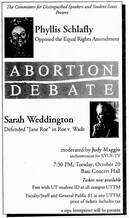 Did the response at the Bass Hall debate encourage you? Oh, yes. And some of the questions that the students had come up with were far better than any that I could have come up with. I loved it. I think that what I do see is that young people were really involved in some of the recent marches in clinic defense. I just hope that will be a sustained interest. It seem there’s more of an “exhale” now that Clinton is in office. It’s like... “Have fun. But we need to go back to work.” We all deserve to celebrate. But then we have to get back to work. What door does choice open up? Like against drug testing as an invasion of privacy? See, actually, the Supreme Court has not extended that issue. Now maybe some of the state courts will. In terms of what is private, the Supreme Court has sided with Roe v Wade. But there hasn’t been a major advance since Roe. I guess that part of what I was saying is that I’d like to see young people start some of their own organizations that would work on family leave, which has now passed with Bill Clinton being in. But it’s a whole wide-range of issues. But nobody can start them for them. They have to do it themselves. And so I think that’s why — with the new interest in some of these issues — we’ll also see some activism. And now there are so many people who are underemployed... That’s what happened to us. My generation of women was underemployed. And so that’s why we poured so much energy into social issues. Because, at work, I was typing. But I poured my energy into issues. And I think there’s a lot of people who are underemployed who have a lot of extra energy, talent and creative ability. So I wish they had time to channel them into social issues. Maybe they will. That would be nice.
0 Comments
Leave a Reply. |
